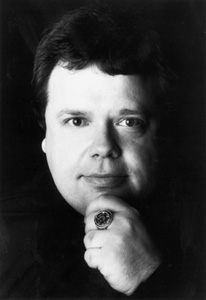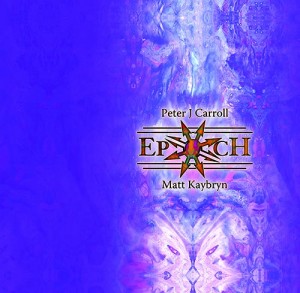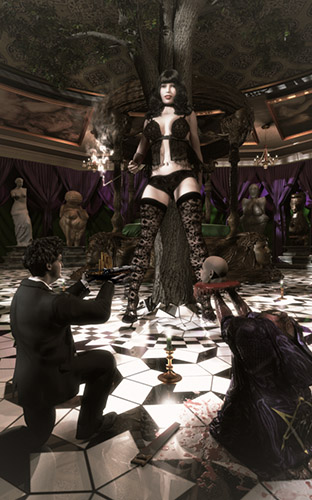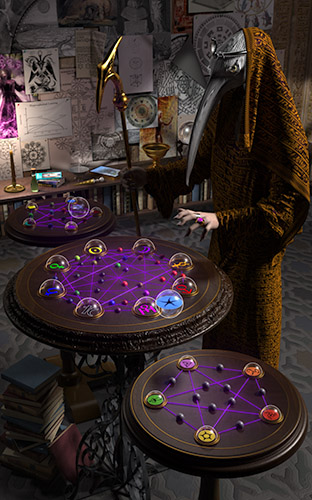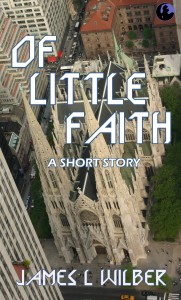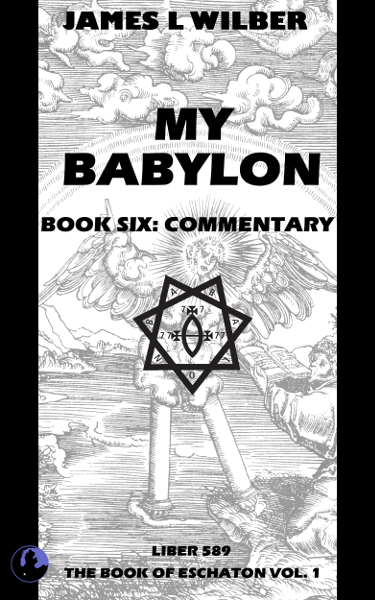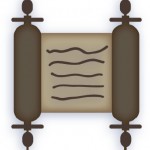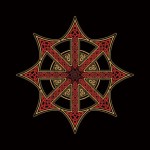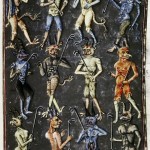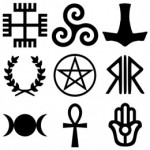For some time I’ve been thinking about writing books about magick. I’ve come to the conclusion that I don’t have enough experience and depth of knowledge to carry an entire book. What I do have, however, is multiple years of experience as an editor, producer, and distributor of fanzines, magazines, books, and ebooks. Through my podcast and my blogs, I have a way to reach a substantial audience for esoteric works. So it recently occurred to me, why not become a publisher?
There are a lot of esoteric book publishers out there, but I haven’t seen many that fit a certain niche. I want to buck the trend of making expensive and hard to get talismanic books. It’s not that I don’t love those tomes, but I see a need for giving a voice to some of the up-and-coming practitioners who may not be able to draw an audience to justify those kinds of books. Also, I see a desire for more books that are not directed at beginners and are accessible and affordable.
This is an open call to all practitioners with a desire to share their work.
Let’s get the sticky part out of the way first. As a writer, I am a strong believer that content producers should get paid. But we all know that esoteric book publishing is a cottage industry. I have the means in place to get the books to market, that costs more time than money. I don’t have the means to pay an advance. What I can offer is royalties based on sales. I am taking 20% off the top for the work that goes into production and distribution. After that, contributors will be paid on a 90 day cycle, earning a percentage of the gross sales based on the length of their contribution.
Example:
If we publish a book on November 1st, your first payment would be January 28th, and you would receive a payment every 90 days after that for as long as the book sells. If the book’s total gross sales are $200, I would get $40 and the rest would be divided amongst the contributors. From a book that is 80,000 words, you wrote a section that was 15,000. That’s 18.6% and you would get 18.6% of $160 ($29.76) in your first 90 days.
Nobody will be getting rich from this but it’s the fairest way I can think of to make sure everyone gets paid. Reports from distribution channels will be included with payments so you can verify the numbers. Introductions, acknowledgements, forwards, and appendices will not be included towards word count.
With that out of the way, here are the subjects I would like to cover first.
Activist Magick
For this project I’m looking for contributions about using magick for social justice and political causes. It could include essays in the history of activist magick, basic principles, organizations, and magical rituals or operations that further causes. Please query before September 1st. Final submissions must be complete by October 18th, with a target publication date of December 1st.
Aeonics
This will be a collection of essays about belief in aeonics and their effect on magical systems. I’m especially interested in contributions that concern alternative aeonic systems, but well written examinations of Thelemic or other popular aeonic schemes would be welcome. I also want to see how aeonic belief directly effects actual magick being performed. Please query by October 1st. Final submissions must be complete by November 15th, with a target publication day of February 1st, 2015.
Query
To query, send an email to james at scrollofthoth dot com. For both books, I’m looking for contributions 3,000 to 15,000 words in length, with a target total word count for the book between 70,000-85,000 words. Your query should be a basic outline of your proposed contribution and be at least 500 words. The query also serves as your writing sample, so be mindful of the quality of the writing itself.
Promotion
No one sells books without promotion. All authors would be expected to promote the books on their own social media and other outlets. Authors are also required to produce one, short (at least 500 words) related blog post for the Scroll of Thoth website, and appear as guests on the Scroll of Thoth podcast. I’m sure you can see how this would be beneficial to all involved.
I’m extremely excited about this project and looking forward to the submissions people send in. I hope that authors and practitioners see this as an excellent way to get started in publishing and advance their own magick.



